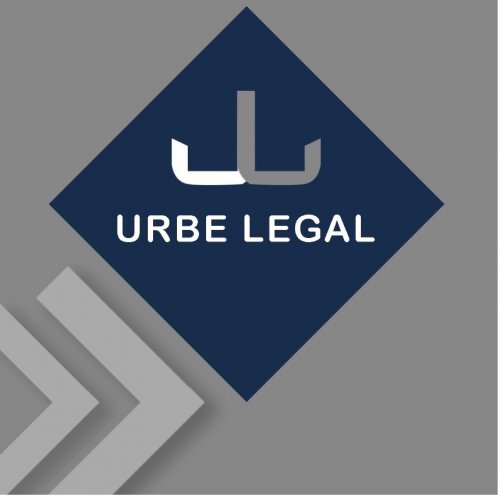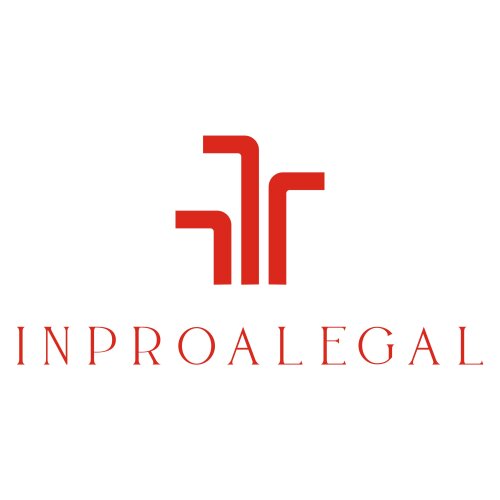Best Appeal Lawyers in Guatemala City
Share your needs with us, get contacted by law firms.
Free. Takes 2 min.
List of the best lawyers in Guatemala City, Guatemala
About Appeal Law in Guatemala City, Guatemala
Appeal law in Guatemala City, Guatemala is governed by the Organic Law of the Judiciary and the Law of Amparo, Habeas Corpus, and Constitutionality. An appeal is a legal procedure that allows a party to request a review of a decision made by a lower court. The entity that reviews the decision is typically a higher court or a special appellate board. It is the second chance for the parties to argue their case, aiming to overturn or modify the initial ruling.
Why You May Need a Lawyer
If you believe a court has made an error with your case, a lawyer can help you file an appeal. Understanding the law and navigating the legal process can be challenging. Lawyers are trained to understand the law, meet deadlines, file paperwork properly, and can argue the case passionately, which is crucial in an appeal case. Common situations where this might be relevant include convictions, sentencing, or decisions in civil suits.
Local Laws Overview
The local laws relevant to appeals in Guatemala City primarily pertain to timing, grounds for appeal, and specific processes. Generally, a party has a limited time to file an appeal from when the decision is handed down. Next, not all decisions can be appealed, only those where an error of law or fact occurred in the lower court. Additionally, exceptions apply in cases of extraordinary or special appeal procedures, for which strict local guidelines exist.
Frequently Asked Questions
How long do I have to file an appeal?
Typically, a party has twenty days to file an appeal from the time a decision is rendered. However, this period can vary depending on the specifics of the case and the specific court.
What can be appealed?
Decisions where there appears to be a significant error of law or fact by the lower court can be appealed. The court's interpretation, application of law, or the facts of the case are typically challenged during an appeal.
Can I present new evidence during an appeal?
In most cases, new evidence is not allowed in an appeal process as the appeal is a review of the lower court's decision. The higher court reviews the record of the lower court proceedings and does not typically reconsider the facts of the case.
What happens if the appeal is successful?
If the appeal is successful, the higher court may reverse or modify the lower court’s decision. In some cases, the case may be remanded, or sent back, to the original court for further proceedings.
What if I lose the appeal?
If you lose the appeal, the original decision stands, and the appeals process ends unless there's another higher court to which you can take your case.
Additional Resources
You can consult the public records or the website of the Organismo Judicial, the administrative organ of the judicial system in Guatemala. Additionally, various local and international NGOs work in the field of legal aid and human rights that may provide useful advice or resources.
Next Steps
If you need to initiate an appeal, your first step should be to consult a lawyer. They can help you understand your position, build a strategy, and guide you through the appeal process. Legal representation is essential given the complexity of the law and the severe consequences of errors during the appeal process. Remember, it is more important to select an attorney with specific experience in appeal law.
Lawzana helps you find the best lawyers and law firms in Guatemala City through a curated and pre-screened list of qualified legal professionals. Our platform offers rankings and detailed profiles of attorneys and law firms, allowing you to compare based on practice areas, including Appeal, experience, and client feedback.
Each profile includes a description of the firm's areas of practice, client reviews, team members and partners, year of establishment, spoken languages, office locations, contact information, social media presence, and any published articles or resources. Most firms on our platform speak English and are experienced in both local and international legal matters.
Get a quote from top-rated law firms in Guatemala City, Guatemala — quickly, securely, and without unnecessary hassle.
Disclaimer:
The information provided on this page is for general informational purposes only and does not constitute legal advice. While we strive to ensure the accuracy and relevance of the content, legal information may change over time, and interpretations of the law can vary. You should always consult with a qualified legal professional for advice specific to your situation.
We disclaim all liability for actions taken or not taken based on the content of this page. If you believe any information is incorrect or outdated, please contact us, and we will review and update it where appropriate.












